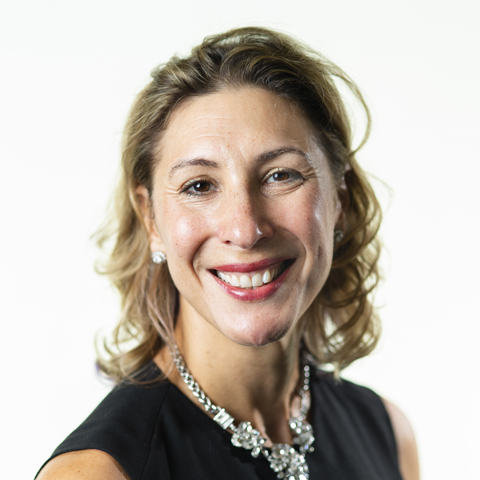Q: What advice do you have for a resident looking for their first attending job?
A: Honestly- trust your gut! Does the culture of the site and organization feel right for me? Do I believe in who they are and align with their vision? While a good job search starts with salary, benefits, and location- I’ve learned that long term job satisfaction (and related personal wellness) starts and ends with the culture at work. As a new attending, it’s important to understand if an organization aligns with your long-term goals and values. Once this is satisfied, I would look for a company that is financially stable, offers a clear advancement path, and invests in physician resources.
Q: I’ve heard a lot of negative news about private equity in healthcare. Does Vituity have private equity investors?
A: As a 100% physician-owned partnership we have zero outside investors, private equity or long -term debt. This enables us to put physicians first and it distinguishes us from other organizations who must satisfy shareholders or produce short-term returns.
Vituity physicians have the support and autonomy to make patient-first care decisions and meet the needs of their communities, without pressure or influence from external investors. Consider how this aligns with what you want for the career you have invested so much time and money in creating.
Q: How do I become a Vituity partner?
A: You are a partner from day one. All physicians follow a defined four-year track to become a fully vested partner. However, as a first-year partner you have a voice in your local practice and receive profit distributions. And you’re eligible to vote in board elections after basic requirements are met with a full year of service.
Q: My goal is to become a Medical Director, what are my options?
A: You asked the right person! My friend and Vitan partner, Dr. Seth Thomas and I are the co-directors of Vituity’s one-year physician leaders fellowship that puts you on a fast track to becoming Medical Director in Vituity. This program, open to all our practice lines, can accelerate your Vituity leadership career by 5-10 years. Most of our fellows are offered a medical directorship within 1-2 years of program completion.
Q: Does Vituity offer any specialized training in my specialty?
A: Yes! We also offer a range of clinical fellowships that provide you with hands-on experience and leadership guidance so that you can become an expert in your chosen field.
Q: What other educations resources do you offer?
A: Vituity has a robust CME program. All clinicians and employees have access to our online learning portal Vituity University. You’ll have access to important certifications, onboarding, leadership development workshops, and CME credits in all specialties. We have an optional five-month mentorship program with monthly one-to-one meetings with your mentor chosen specifically for you based on your goals. Vituity’s Wellness Director, Dr Vanessa Calderon, produces CME programs dedicated to provider wellness including our resiliency program and an annual wellness retreat.
Q: I went into medicine to make an impact. How will Vituity support me?
A: At Vituity, our mission is to improve lives. And we encourage partners to make a difference in ways that inspire them. From giving your time and skills to helping someone grow to pursuing a new idea or enhancing the patient experience - you have our support.
Q: I wouldn’t know how to get started. Any ideas for a new partner?
A: Vituity has lots of ways for you to get involved right away! Fight health inequity or inspire a new generation of providers by joining a Vituity Cares initiative like mentoring, helping out at community clinics, supporting medical outreach and more.
Get funding for your best idea with our Innovation Grants program. Recent recipients built an app to track ED lab cultures and stood up an AI-supported virtual navigation service for discharged patients.
Interested in performance advancements at your local site? Vituity learning collaboratives bring together teams of clinicians and administrators to deploy programs that boost quality metrics, team culture and patient experience.






















